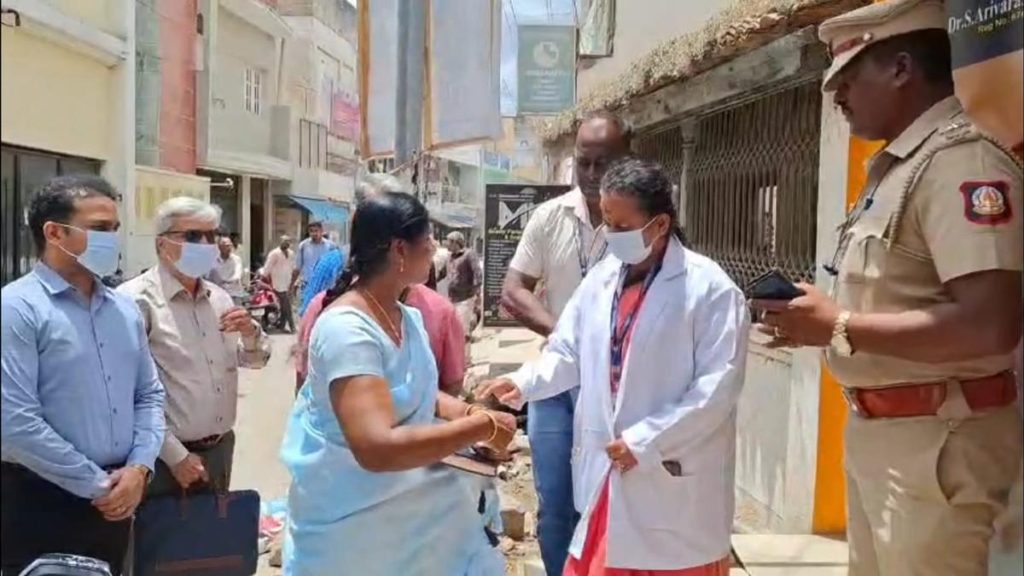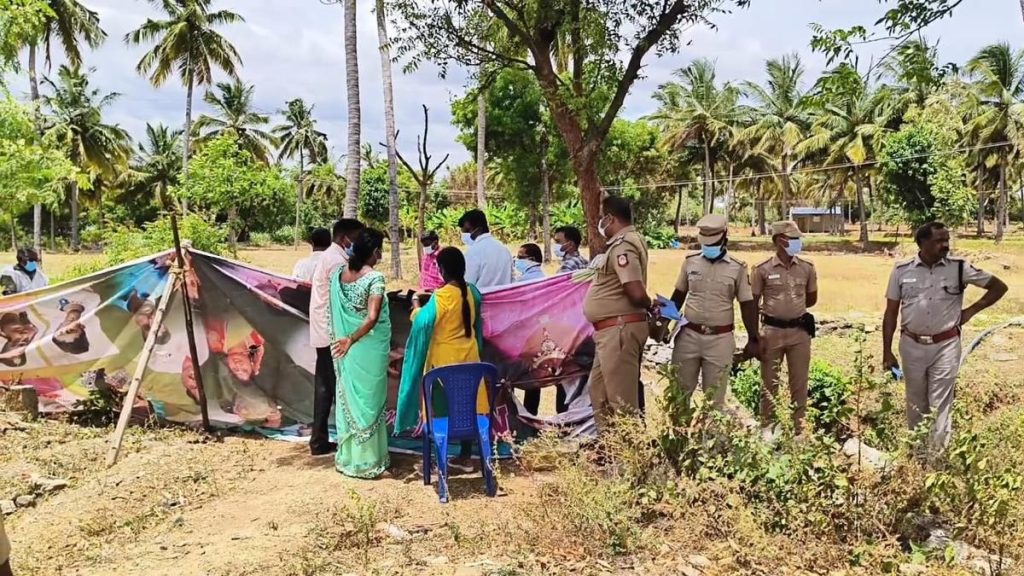Now Reading: 184 Million Logins Exposed in Major Data Breach
-
01
184 Million Logins Exposed in Major Data Breach
184 Million Logins Exposed in Major Data Breach

Rapid Summary
- Cybersecurity researcher Jeremiah Fowler of Website Planet discovered a publicly exposed, non-password-protected database containing 184,162,718 unique logins and passwords.
- The database included over 47GB of data with credentials for platforms such as Microsoft, Meta, Snapchat, Roblox, and more.
- Sensitive information like bank account logins, health platform credentials, and government portal access from multiple countries was also exposed.
- Fowler could not identify the database owner but sent a responsible disclosure notice to the hosting provider. Public access to the database was restricted shortly after.
- The purpose of the data collection remains unclear – whether it was for legitimate research or cybercriminal activity has not been confirmed due to lack of details from the hosting provider.
- Evidence suggests that some leaked data originated from malware known as “infostealers.” Several individuals verified their personal data had been included in the leak when contacted by fowler.
- Fowler emphasized how improperly managed email accounts storing sensitive documents can pose significant security risks if accessed by cybercriminals.
Indian opinion Analysis
This incident represents a growing concern about global cybersecurity vulnerabilities that could equally impact Indian citizens and institutions connected via digital platforms like Microsoft or social media apps used widely across India such as Meta (formerly Facebook). With potentially serious implications if such breaches compromise sensitive information like bank accounts or government portals tied to Indian users’ records globally,there’s an urgent need for stricter regulations around digital hygiene practices both at corporate and individual levels.
For India’s fast-digitalizing economy actively adopting tech-driven models (e.g., UPI-enabled services), breaches on this scale illustrate how critical cybersecurity infrastructure upgrades are against mounting international threats leveraging infostealer tools/malware trace elements present within many publically surfaced exposure scenarios today
























